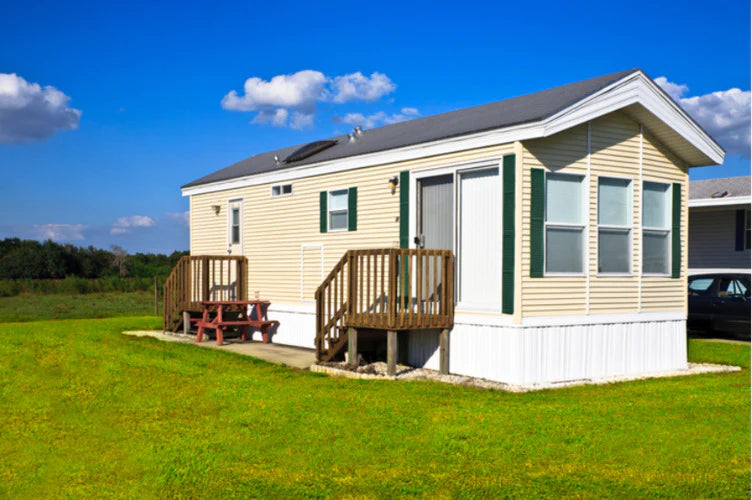Unlocking the Potential of Mobile Home Deals
Mobile homes, also known as manufactured homes, have long been a staple of affordable housing. These compact and often misunderstood dwellings have proven to be a hidden gem in the world of real estate investing. While traditional real estate deals like single-family homes and apartments get most of the attention, mobile home investments offer a unique set of advantages and opportunities.
Related Topics (Sponsored Ads):
In this article, we will explore the world of mobile home deals, their potential for investors, and the strategies that can help unlock their full potential. From the basics of mobile home investments to advanced tips for maximizing returns, we'll delve deep into this often-overlooked sector of the real estate market.
Understanding the Mobile Home Market
Mobile homes are a vital part of the affordable housing landscape. They come in various sizes and styles, from single-wide to double-wide units, and can be situated in mobile home parks, on private land, or within retirement communities. These properties tend to be more affordable than traditional houses, making them attractive to a wide range of buyers and renters.

Advantages of Investing in Mobile Homes:
Affordability: Mobile homes are often significantly cheaper than traditional homes, making them accessible to a broader demographic.
Lower Maintenance Costs: Mobile homes generally have lower maintenance costs due to their smaller size and construction materials.
Steady Rental Income: The demand for affordable housing ensures a consistent stream of potential tenants.
Diverse Investment Opportunities: Mobile homes can be rented out, sold, or even flipped for profit.
Choosing the Right Location
Location is crucial in real estate, and mobile homes are no exception. When investing in mobile homes, consider factors like proximity to essential services, schools, employment centers, and the overall safety and quality of the neighborhood.
Mobile Home Parks vs. Private Land:
Mobile Home Parks: These communities provide a ready-made market of potential tenants or buyers. However, you may have to pay a lot of rent, which can affect your ROI.
Private Land: While this option offers more independence, it requires finding suitable land and complying with local zoning regulations.
Financing Mobile Home Deals
Mobile home financing can be different from traditional real estate deals. You'll often encounter two financing scenarios: when the mobile home is attached to land (real property) or when it's considered personal property.
Financing Options:
Personal Property: In this case, the mobile home is treated like a vehicle, and financing can resemble an auto loan. Real Property: When the mobile home is permanently attached to land, it can qualify for traditional mortgage financing.
Due Diligence and Inspection
Conducting thorough due diligence is crucial in any real estate transaction. When dealing with mobile homes, this includes inspecting not only the mobile home itself but also the land (if applicable) and the community or park it's situated in. Pay attention to issues.
Mobile Home Condition - Look for structural issues, plumbing and electrical problems, and the overall state of repair. Lot Rent - If the mobile home is in a park, understand the terms of the lot rent agreement and any potential increases. Community Rules - Be aware of any community rules or restrictions that could impact your ability to rent or sell the property.
Exit Strategies for Mobile Home Investments
Just like any other investment, you should have a clear exit strategy when investing in mobile homes.
Mobile home investing has its unique challenges, including dealing with park management, understanding different financing options, and managing turnover among tenants. Being aware of these potential pitfalls and having strategies in place to mitigate them is essential for success.
Legal and Regulatory Considerations
Mobile home investing is subject to a range of local, state, and federal regulations. Understanding these laws and regulations, such as the Mobile Home Act, is crucial to avoid legal issues.
Conclusion
Investing in mobile homes can be a profitable venture if approached with the right knowledge and strategies. The affordability, consistent rental income, and diverse investment opportunities make mobile homes an attractive option for real estate investors. However, like any investment, it comes with its own set of challenges and complexities. By understanding the mobile home market, conducting thorough due diligence, and having a clear exit strategy, investors can unlock the full potential of mobile home deals and build a successful and lucrative real estate portfolio in this often-overlooked sector.




